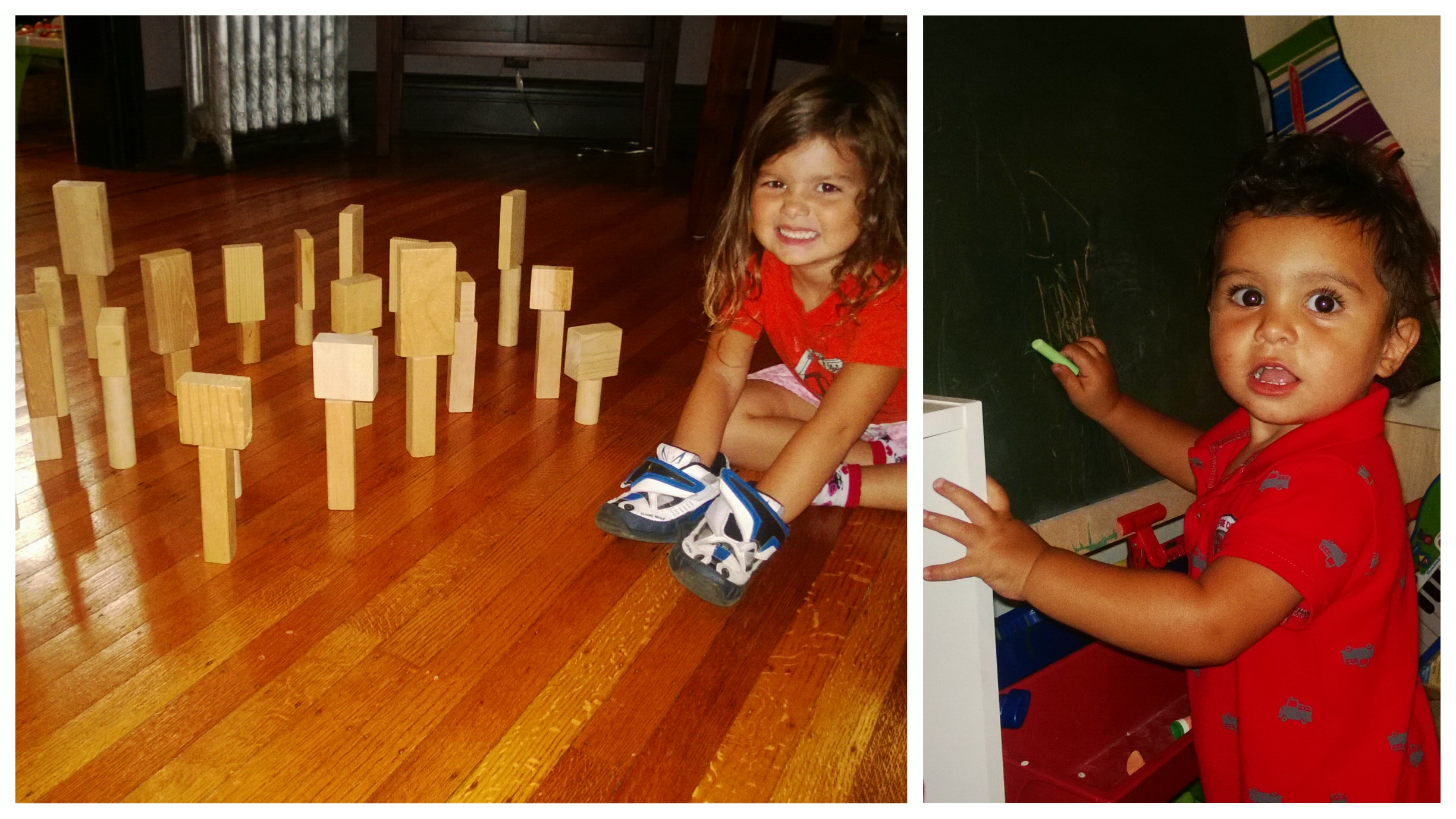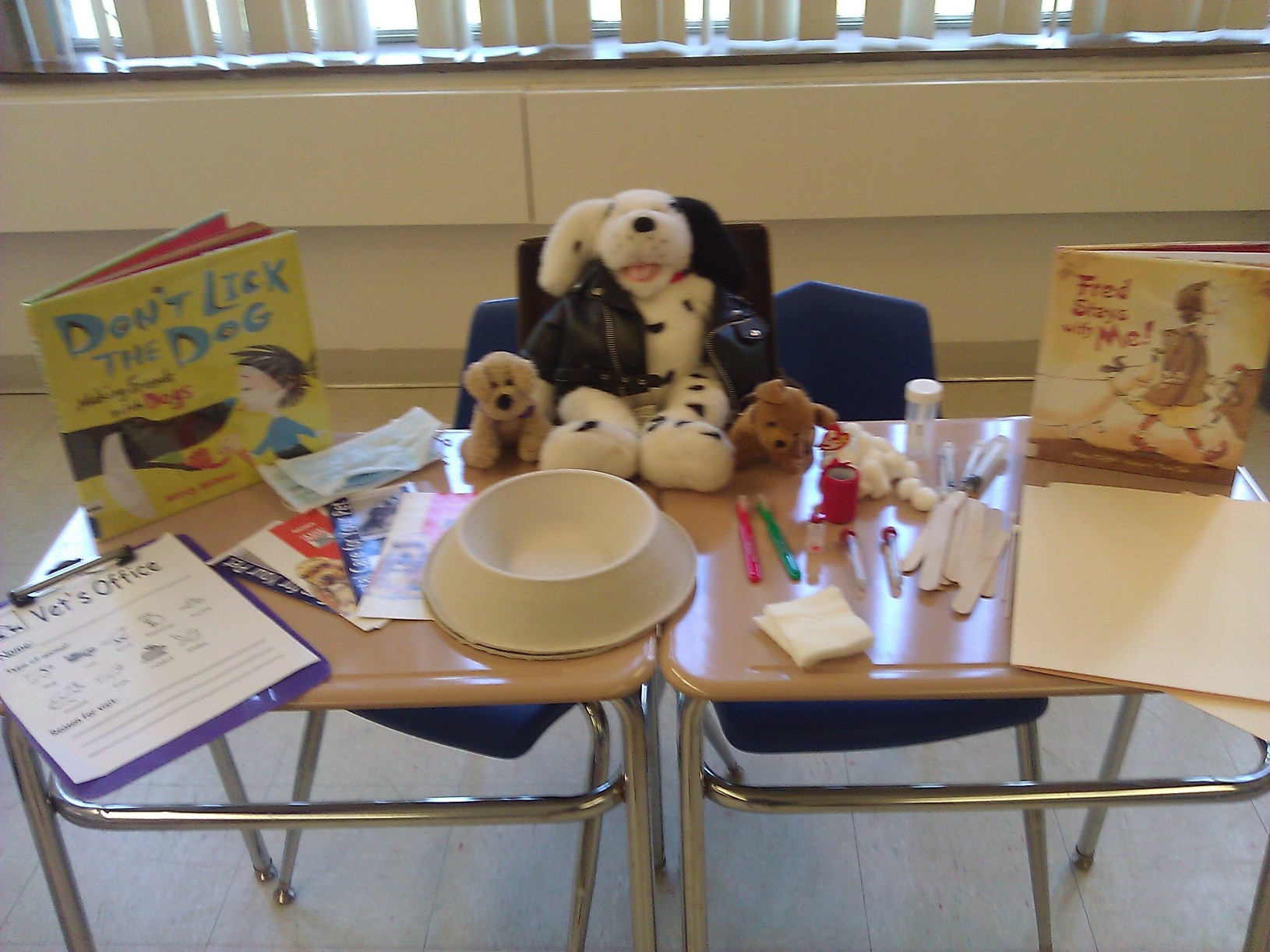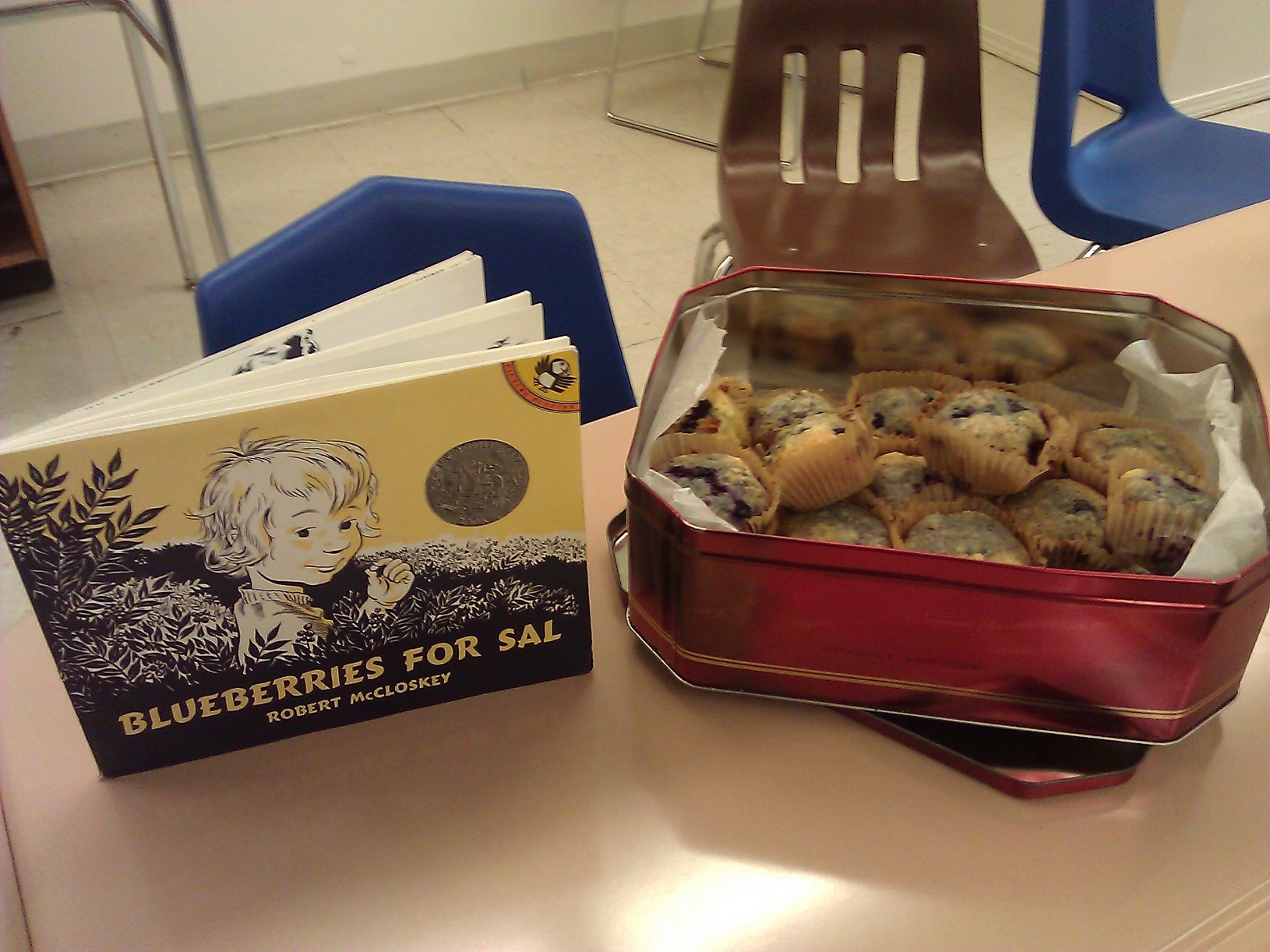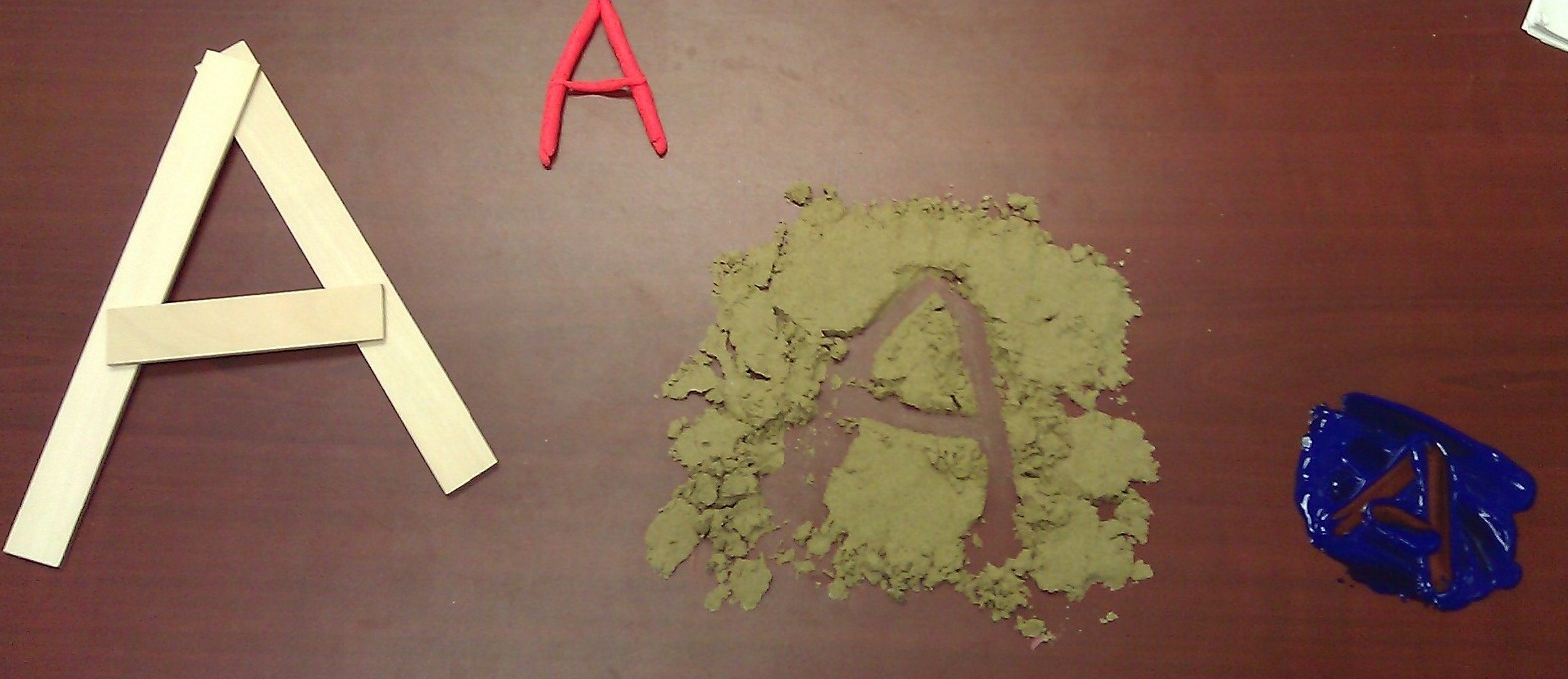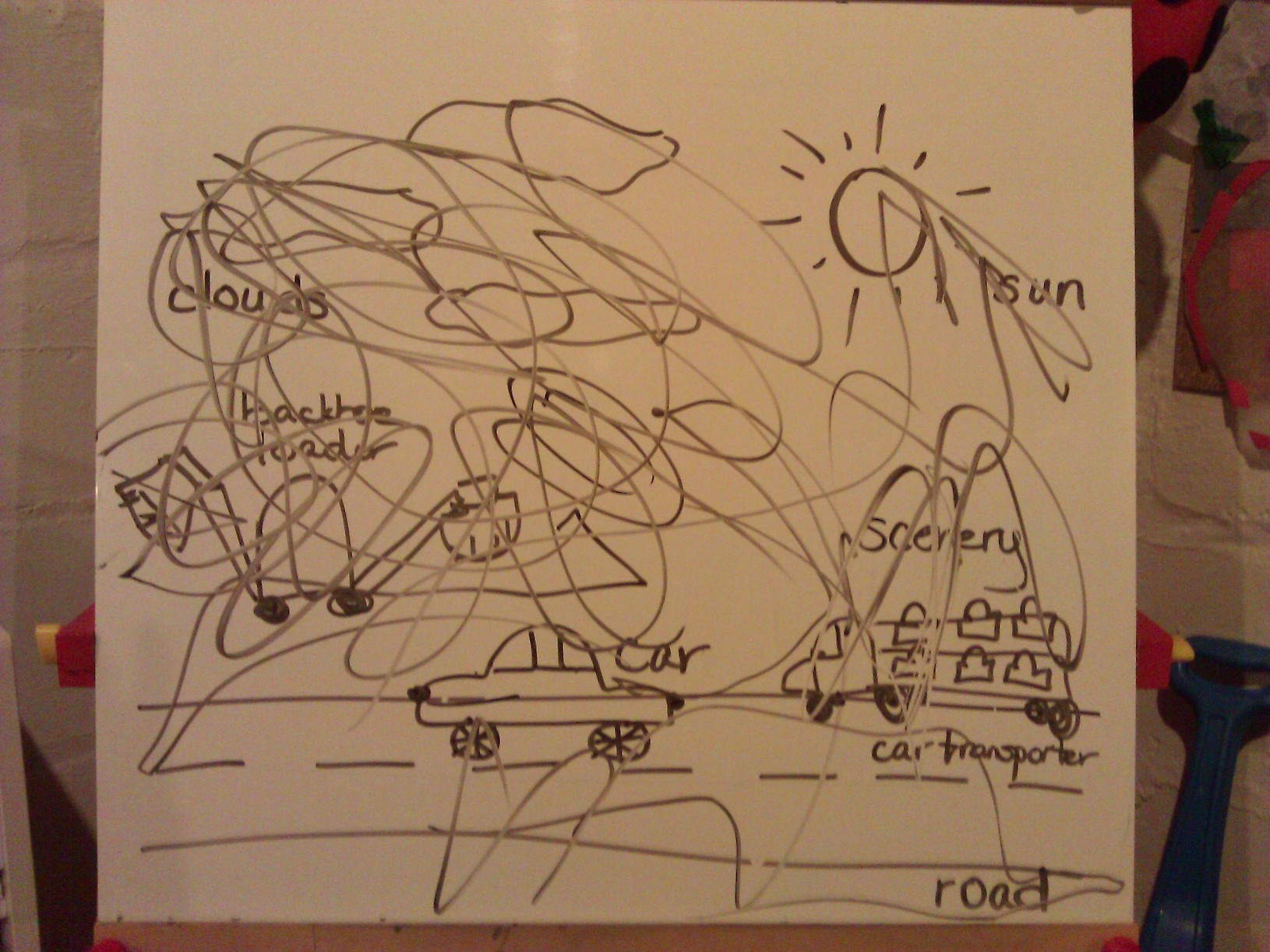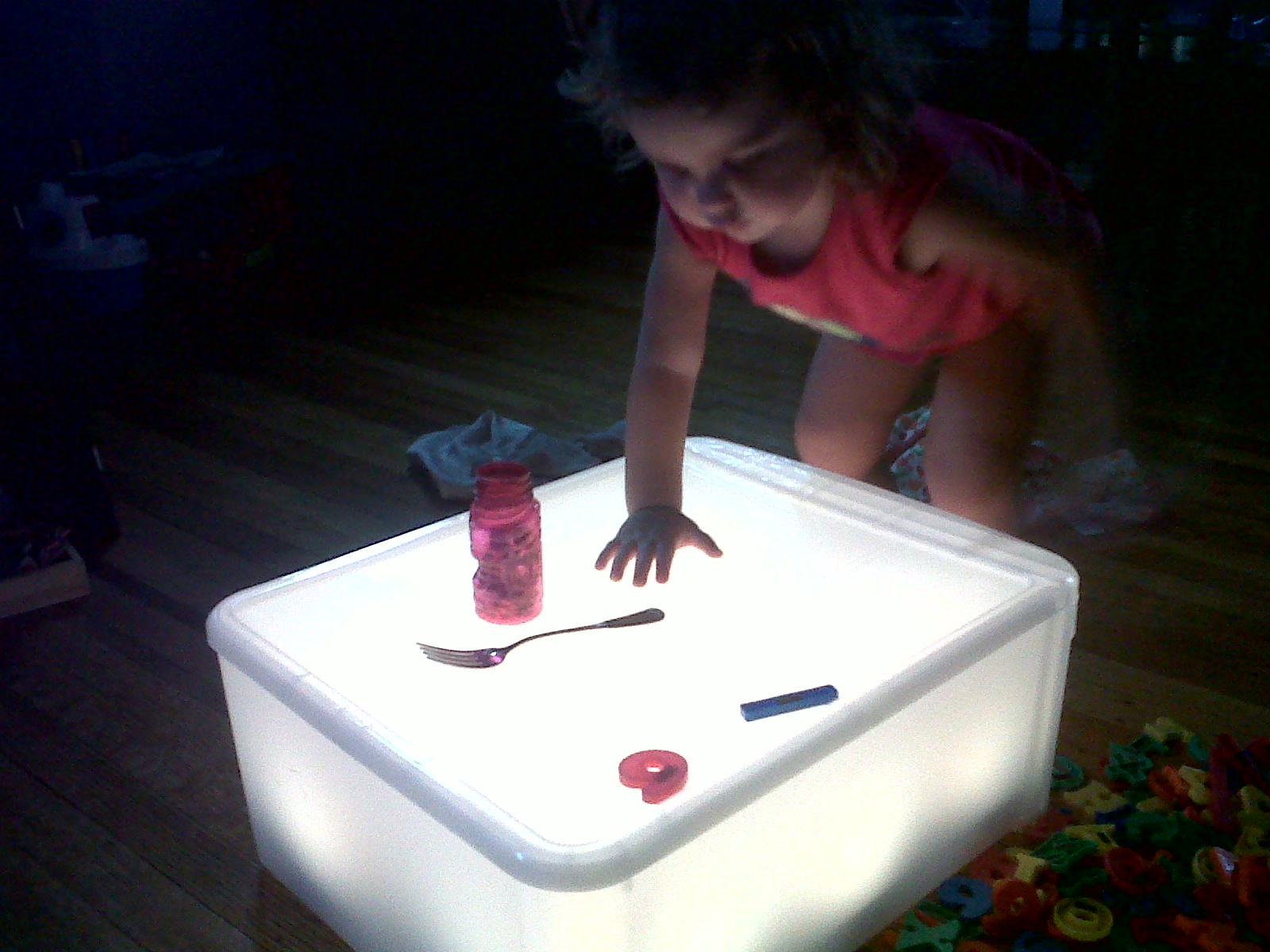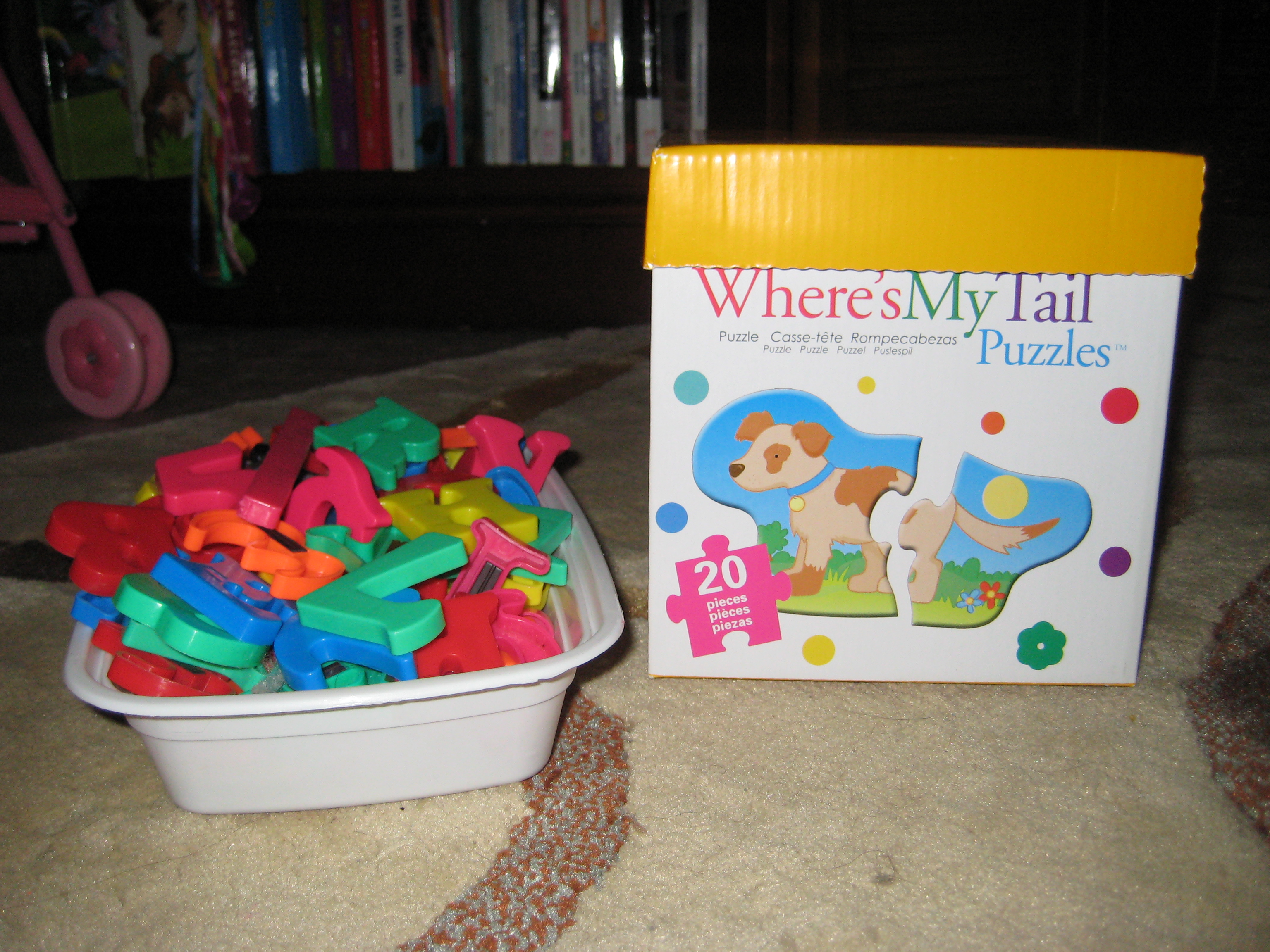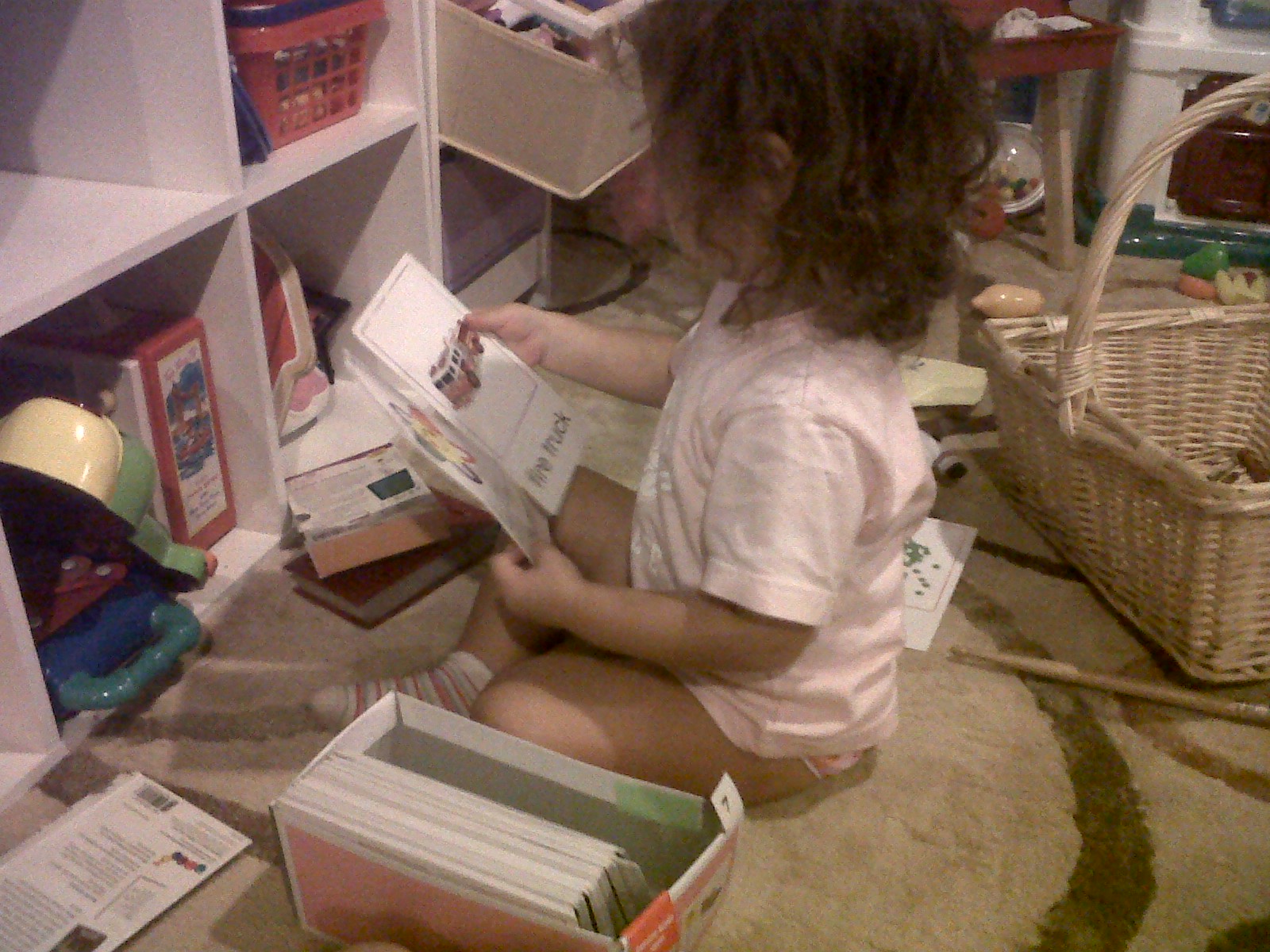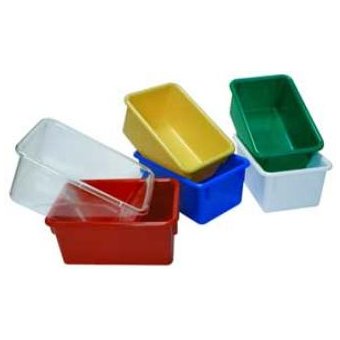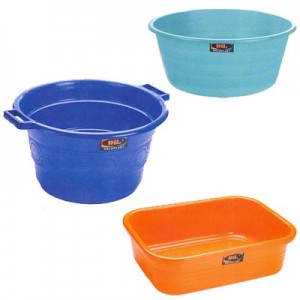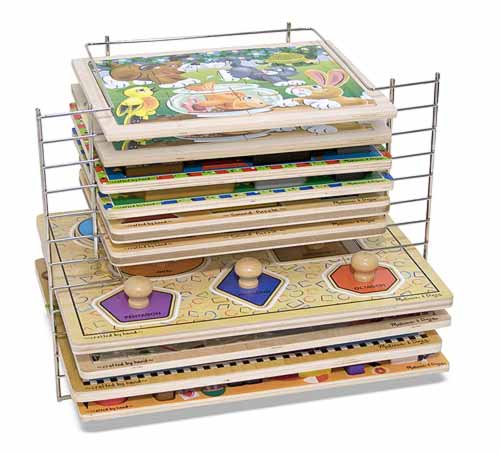Recently I did some work with Parents magazine about the importance of preschool and what a quality preschool looks like. The first topic I was asked to address is something that I am asked often: How do you “prepare” a child for preschool? My answer is always to remember three things: Talk to them, Read to them and Let them PLAY. Continue reading “How to Get a Child “Ready” for Preschool”
Category: Toddler
Toddler PhD tips.
Prop Boxes in Early Childhood Classrooms
“Prop Boxes” are essentially a box full of materials related to the same theme or topic. The children play with the materials, act out scenarios related to the theme and add the materials to their own play. When using Prop Boxes in my own preschool classroom, I found that not only was the children’s play enhanced by using the materials, but their language and social interaction also increased. The children were eager to use the materials in their play and to represent the theme in the purest way possible. Continue reading “Prop Boxes in Early Childhood Classrooms”
Linking Children’s Literature with Cooking
Children’s literature is an obvious part of early childhood classrooms. Children learn about and come to understand the world through their experiences with fictional and nonfictional stories. Cooking is another part of early childhood classrooms that I feel should be just as obvious. The skills that children learn when participating in a cooking experience are too many to list: Math, Science, Literacy, Social/Emotional…and on and on. Continue reading “Linking Children’s Literature with Cooking”
First Explorations with Letters
Before children are even using writing utensils to attempt to write letters, they are making them with whatever they can find. Here are a few basic items to have in your classroom that children can use to explore the shapes, sizes and structures of letters for the first time: Continue reading “First Explorations with Letters”
Interactive Drawing with Toddlers
Interactive Drawing is a practice found in many early childhood classrooms. The premise is that a teacher explains to the children that authors use drawing to show their thinking on paper. It is also emphasizes that drawing is writing and can communicate a message. This is especially important for children who aren’t writing yet, and are still in the drawing stages. Because truthfully – they are writing! Continue reading “Interactive Drawing with Toddlers”
Make-Your-Own Light Table (and add some Reggio Emilia to your life)
Before becoming a college professor and developing my Early Childhood Education program, I was privileged enough to teach infants, toddlers and preschoolers at a Reggio Emilia-inspired laboratory school at Virginia Tech. While a teacher at the school, I worked deeply with the Reggio philosophy and was able to see what can happen when teachers listen to children and follow their lead in their learning. Continue reading “Make-Your-Own Light Table (and add some Reggio Emilia to your life)”
Adding Letters to Puzzle Play
While playing with this animal puzzle one afternoon, Miss H decided to add a new material. After we had put all of the animals together and were talking about what each animal was, she got up, went to her toy shelf, and came back with her container of letters.
Fun with “Picture Cards”
Turn flash cards into a “Picture Card Game!” Make a pile on the floor and search around with your toddler or preschooler and find ones that you recognize. See how many she can identify and pay attention to which ones she chooses to pick up. Can she identify the pictures and/or tell you about them? Continue reading “Fun with “Picture Cards””
Sensory Play – Using Sensory Bins and Tables
Sensory Play Week! Make your own sensory tables with different size/height plastic bins. What have you filled them with?
Continue reading “Sensory Play – Using Sensory Bins and Tables”
Puzzle Time!
It’s PUZZLE time! Buy your puzzle rack when your baby is born and add puzzles as they grow! I’ll tell you what puzzles to introduce at what ages and what you can expect your infant, toddler and preschooler to do and learn from them.
